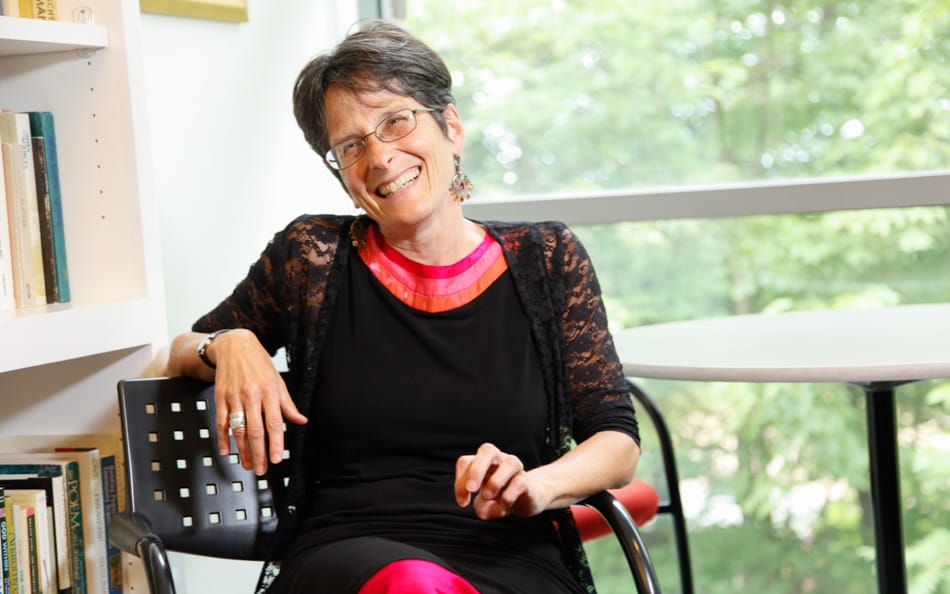Community Blog Speaking Torah: The Capacity to Understand

The command—not to oppress the stranger—is rooted in our own experience of strangeness. It is repeated no fewer than 36 times in the Torah, but, in this week’s parasha, I imagine how it must have sounded to the ears of those newly freed slaves who stood trembling at the base of the mountain—exhausted, elevated, and called to radical empathy. Remember all that you have been through, and then translate it into legislation about what kind of society you will build together. Turn it into a life of compassion.
In her 1986 essay entitled Metaphor and Memory, Cynthia Ozick writes about love of the stranger—ahavat hager.
“A stranger shall you not oppress, for you know the heart of the stranger, seeing you were strangers in the land of Egypt.” There stands the parable; there stands the sacred metaphor of belonging, one heart to another. Without the metaphor of memory and history, we cannot imagine the life of the Other. We cannot imagine what it is to be someone else.”
Strikingly, the context of Ozick’s meditation on what she calls “the moral life of metaphor” was not an explicitly political one. She was not talking about immigrants or refugees or legally marginalized populations. She was talking about hospitals.
Ozick had been invited to speak to a group of physicians. Someone involved in medical training had come up with the idea that it was important for doctors to increase their capacity to imagine—and that she, a writer—an imaginer by trade—could help them do so. She was invited to tell the doctors a story, to help them cultivate their capacity for empathy, to help them become more human and humane.
Hospitals, after all, remind us starkly of the limits of what Ozick calls “our capacity to leap into the Other.”
People inside hospitals have difficulty remembering what it is like outside; and vice versa. Even walking through the doors of the hospital, one feels as if one is entering another country—with its own dress, its own smells and sounds, its own language—all the marks of a foreign culture. Doctors have difficulty imagining what it like to be very sick, to now know how or why your body is suddenly failing you, why—in the most physical and intimate of ways—you have suddenly become a stranger to yourself. Patients, for that matter, have difficulty imagining what it is like to be a doctor, unable to answer the questions that everyone desperately wants answered.
The family members visiting in one room can’t imagine what it is like to be a visitor in the next room. Those being admitted can’t imagine what it’s like for those just discharged. Those receiving good news can’t imagine what it’s like for those receiving bad news.
Of course, this is true all the time in our lives—but in the hospital one becomes more acutely aware—because of both the proximity and intensity of the experience.
How tempting it is to distance ourselves from other people’s pain or vulnerability in order to distance ourselves from our own. But the Torah asks us—insistently, relentlessly—to do the opposite. To remember (or at least imagine remembering) in order to draw closer. To try, as hard as it is, to put ourselves in another’s place, to imagine ourselves into another’s situation.
But there is an important paradox here: As soon as we think we know the other’s experience—the minute we presume knowledge of the other’s experience based on our own—we have failed in an essential way. Ahavat hager—love of the stranger—involves both knowing and not-knowing, reaching for connection while recognizing the limits of our own capacity to understand.
With blessings.
Rabbi Sharon Cohen Anisfeld is President of Hebrew College in Newton Centre, MA.

